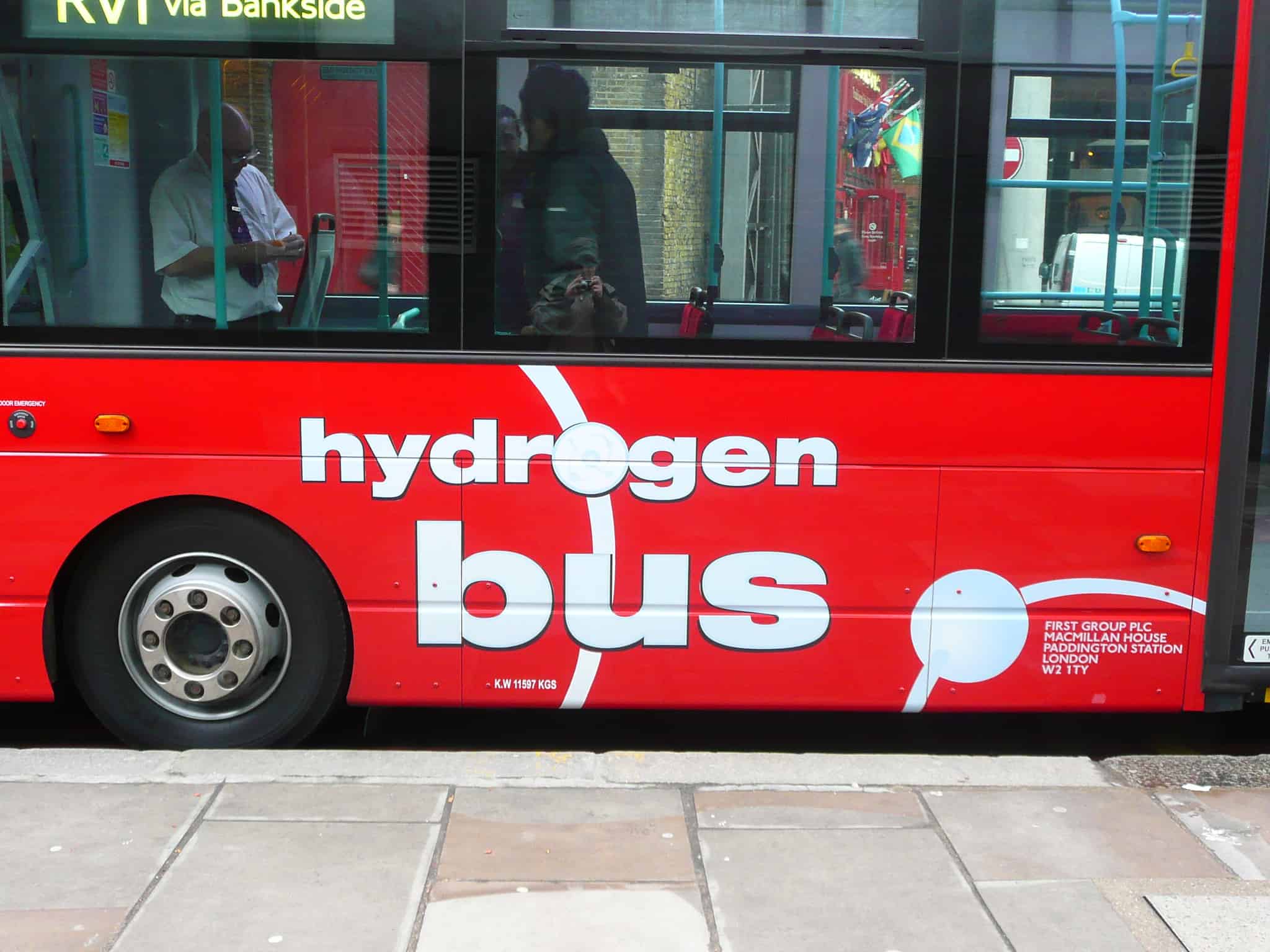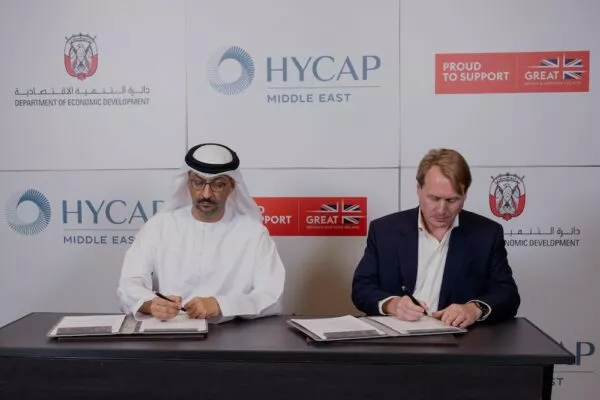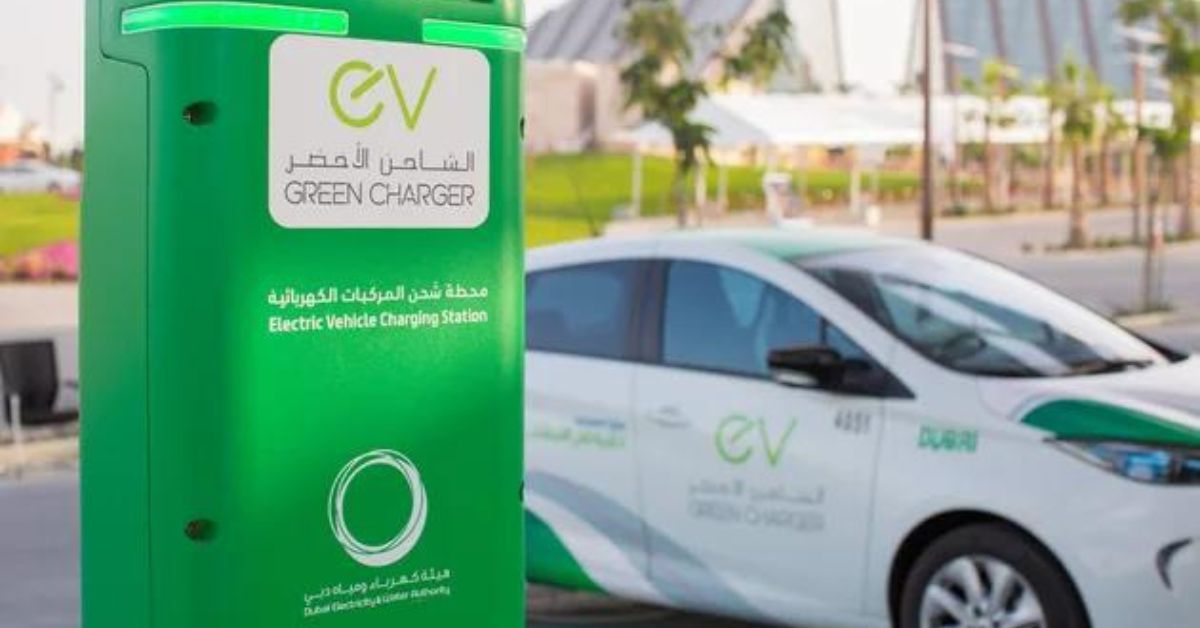Dubai, UAE — Hydrogen is rapidly emerging as a critical component of the global energy transition, providing a promising pathway to decarbonize various sectors and reduce greenhouse gas emissions.
Aware of its importance, all GCC countries are pursuing ambitious hydrogen strategies and initiatives to become major exporters of clean hydrogen.
Their strategies are focused on developing a domestic hydrogen industry, including production, transportation, and storage infrastructure. They are also working to develop international markets for hydrogen and its derivatives.
Consequently, GCC countries like Saudi Arabia, UAE, and Oman have embarked on ambitious hydrogen agendas to leverage this versatile energy carrier. They have abundant renewable energy resources, such as solar and wind, which can be used to produce green hydrogen. They also have a lot of experience in producing and exporting oil and gas, which can be used to produce blue hydrogen.
“The GCC as a whole wants to develop the hydrogen economy, and in the future, this could be bigger than the oil and gas economy for the region,” said Jo Bamford, chairman of HYCAP, a private equity fund investing in net zero and the hydrogen economy for a sustainable future.
Bamford told TRENDS that the region is blessed with ample solar and wind resources needed for generating the lowest-cost electricity that is eventually needed to produce hydrogen. The region’s vision is essentially to become an upstream hydrogen developer and export it to high-value markets such as Europe and the UK.
Highly efficient producers
Bamford highlights a notable surge in European demand following the Russian-Ukrainian war. This war has created a substantial gap in gas supply, projected to persist for the next 20 to 30 years, with the possibility of never fully recovering.
Additionally, Japan, one of the largest importers of liquefied natural gas, consumes 75 million tons annually, requiring urgent decarbonization efforts. They also have large-scale coal production, for which they need to inject ammonia to decarbonize it. Therefore, both Asia and Europe emerged as key downstream markets for the region’s upstream hydrogen developments.
Nevertheless, the GCC currently needs more hydrogen production, storage, and transportation infrastructure, posing a significant barrier to scaling up a hydrogen economy.
According to Bamford, each GCC country is either formalizing or in the process of publishing its hydrogen strategy, albeit with varying approaches to awarding and negotiating contracts.
“For instance, Oman employs a highly structured tender process, offering up to 10 concessions over time. They recently concluded their second bidding round and plan to launch the third in the summer, aiming for production to commence by 2030. On the other hand, Saudi Arabia has awarded one contract and is establishing a new entity, the Green Energy Champion, with the aim of delivering 1.2 million tons by 2030,” he said.

Several challenges
The emergence of the hydrogen industry in GCC nations promises significant economic opportunities, with projections suggesting a market worth $100 billion by 2030.
However, several challenges accompany the development of a hydrogen economy in the GCC, as outlined by Bamford. Firstly, there’s the considerable capital expenditure required for transitioning to hydrogen production at scale, necessitating significant upfront investment. Secondly, establishing long-term demand is crucial, yet securing extended offtake contracts beyond five years poses a challenge for developers. Thirdly, generating domestic demand presents another hurdle.
Bamford emphasizes the need for a cohesive approach to address these challenges over a transitional period of approximately 10 years. Fragmentation within the industry, where one aspect progresses while others lag behind, undermines efficiency.
To overcome this, HYCAP Group strategically aligns supply and demand across the entire value chain. This involves investments in technology, infrastructure, and capital deployment. Initiatives include manufacturing buses, trucks, and vans to create demand alongside investments in essential components like electrolysis, compressors, and hydrogen tanks, thereby establishing a balanced supply-demand equation and fostering cost efficiencies.
Major players in the GCC Hydrogen Strategy
Government agencies: GCC governments are at the forefront of developing and implementing hydrogen strategies. In Saudi Arabia, the Ministry of Energy is leading the charge, while in the UAE, the Ministry of Climate Change and Environment is responsible for coordinating hydrogen development.
National oil and gas companies: GCC oil and gas companies are also playing a major role in developing the region's hydrogen economy. Saudi Aramco, for example, is investing in green hydrogen projects in Saudi Arabia and the UAE, while Qatar Petroleum is developing blue hydrogen projects in Qatar.
Power and water utilities: GCC power and water utilities are also involved in hydrogen development. In Oman, for example, Oman Power and Water Procurement Company (OPWP) is developing a green hydrogen project in cooperation with Hydrogenic.
Sovereign wealth funds: GCC sovereign wealth funds are also investing in hydrogen development. The Saudi Public Investment Fund (PIF), for example, is investing in a green hydrogen project in the Kingdom.
It’s worth noting that the Abu Dhabi Department of Economic Development (ADDED) and HYCAP Group have recently forged a Memorandum of Understanding (MoU) to advance green hydrogen production, storage, and transportation. Aligned with the UAE Net Zero Strategy 2050 and National Hydrogen Strategy, this collaboration endeavors to establish an industrial complex in Abu Dhabi dedicated to hydrogen-related industries and the advancement of renewable energy.

“Our plan is to create integrated hydrogen economies across the GCC, contributing significantly to the region’s transition towards a cleaner, more sustainable future,” states Bamford. Under the MoU with ADDED, joint efforts will focus on establishing an industrial complex in Abu Dhabi that encompasses renewable energy development, an electrolysis plant, hydrogen storage facilities, and hydrogen tankers for transportation.
HYCAP Group will also work on creating a robust ecosystem of industries in Abu Dhabi that revolves around the hydrogen industry and clean energy infrastructure. This includes establishing clean hydrogen production facilities, clean hydrogen storage and transport, an electrolysis manufacturing facility, electrical charging manufacturing, fuel cell manufacturing, and developing bus and truck manufacturing facilities.
The strategy is to align supply and demand for hydrogen locally, scaling up to create a viable proposition for growing export sales.








